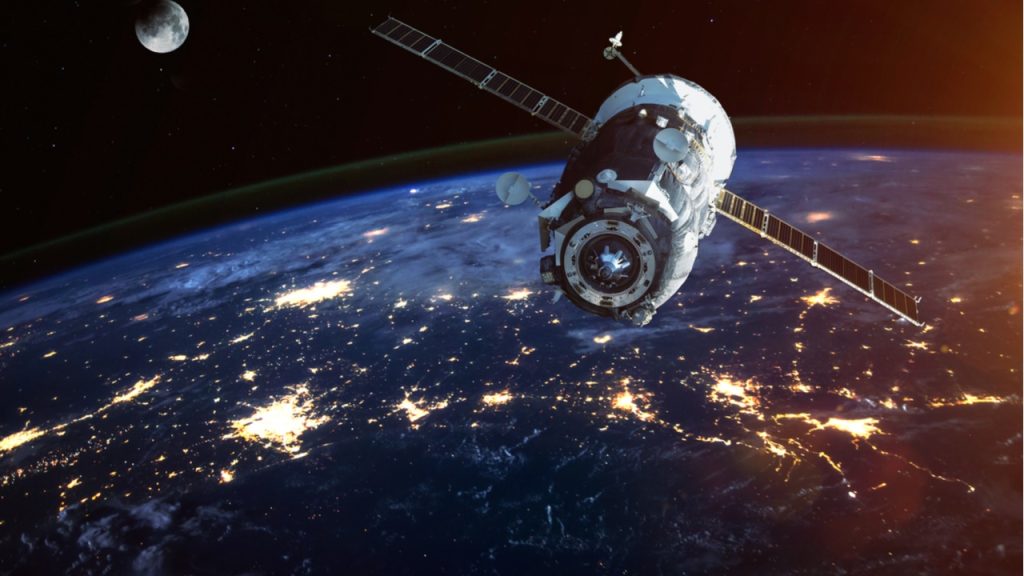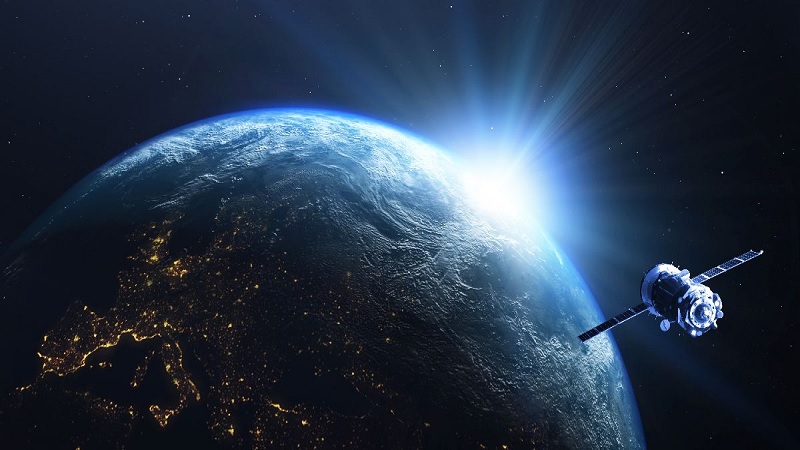Space technology has come a long way since the first satellite, Sputnik, was launched in 1957. Today, space technology is used for a variety of purposes, including communication, navigation, and scientific research. In this article, we will explore the various aspects of space technology and its impact on our daily lives.

One of the most important applications of space technology is in the field of communication. Satellites are used to transmit and receive signals for television, radio, and telephone services. They also provide internet connectivity to remote and hard-to-reach areas. The use of satellites has greatly improved the speed and reliability of communication, making it possible for people to stay connected regardless of their location.

Global Positioning System (GPS)
Navigation is another key application of space technology. The Global Positioning System (GPS) is a network of satellites that provides accurate and reliable location information to users. This technology is used in a wide range of applications, including navigation in cars, ships, and airplanes, as well as in agriculture, construction, and search and rescue operations.
In addition to communication and navigation, space technology is also used for scientific research. Satellites are used to study the Earth’s climate, weather patterns, and natural resources. They are also used to study other planets, stars, and galaxies in the universe. The data collected by these satellites provides valuable information for scientists and researchers, helping them to better understand our planet and the universe around us.
Applications
The use of space technology has also greatly improved our ability to monitor and predict natural disasters. Satellites are used to track hurricanes, tornadoes, and earthquakes, providing early warning systems that can save lives. They are also used to monitor changes in the Earth’s environment, such as deforestation and the melting of glaciers.
Another important application of space technology is in the field of military operations. Satellites are used for reconnaissance, navigation, and communication in military operations. They are also used to track the movement of enemy troops and weapons, providing valuable information for military strategists.
Space technology has also had a significant impact on the field of medicine. Satellites are used to transmit medical data and images, allowing doctors and specialists to consult with one another and provide remote medical care. They are also used to transport medical supplies and equipment to remote areas, improving the availability of medical care in these regions.
One of the most exciting and rapidly developing areas of space technology is the use of satellites for commercial purposes. Companies are using satellites to provide internet and television services, as well as to monitor and manage their operations. They are also using satellites to track the movement of goods and cargo, improving logistics and supply chain management.
Despite the many benefits of space technology, there are also some challenges that need to be addressed. One of the biggest challenges is the cost of launching and maintaining satellites. It is also important to ensure that the use of space technology does not interfere with other users of the radio frequency spectrum. Additionally, there is a need to ensure that the use of space technology does not contribute to the depletion of natural resources or the degradation of the environment.
Conclusion
In conclusion, space technology has come a long way since the launch of Sputnik in 1957. Today, it is used for a wide range of purposes, including communication, navigation, and scientific research. It has greatly improved our ability to stay connected, navigate, and understand our planet and the universe around us. However, there are also challenges that need to be addressed, including the cost of launching and maintaining satellites, as well as ensuring that the use of space technology does not interfere with other users of the radio frequency spectrum. Despite these challenges, the future of space technology looks bright, and we can expect to see even more exciting developments in the
Table of Contents
Submitted by Uzair Ahmed


